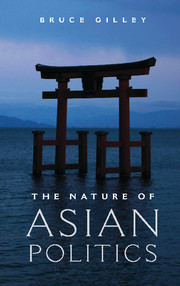3 - Development
Published online by Cambridge University Press: 05 September 2014
Summary
The Spinning Kingdom
The Second World War was a time of opportunity for Wu Ho-su. Born in 1919 into a poor household in northern Taiwan, Wu took a job with a Japanese-owned cloth distributor in the capital, Taipei, in 1935, where he first worked as a dockhand and then as a salesman. By 1939, at age twenty, he was appointed by the Japanese owner to comanage sales of a new cloth company. When war came, Wu took advantage of the shortages caused by Allied bombing raids (Taiwan had been under Japanese occupation since 1895) to make profitable purchasing trips to Japan and to buy up properties in Taipei from fleeing residents.
Japan was defeated in 1945, and Wu found himself in control of the Taiwan side of the business, which he renamed the Shinkong (xinguang), or New Bright, Company. Although he invested money to produce goods that were in short supply, like tea, sugar, and coal, his heart remained in the rag trade. But business conditions for a native Taiwanese entrepreneur deteriorated sharply with the retreat to the island in 1948 and 1949 of the Kuomintang (Nationalist Party) government that had lost China’s civil war. Besides establishing three state-owned textile factories, the KMT’s new Taiwan Production Board gave preference for cotton imports to seven textile companies from Shanghai that had fled China with the regime.
- Type
- Chapter
- Information
- The Nature of Asian Politics , pp. 53 - 88Publisher: Cambridge University PressPrint publication year: 2014

